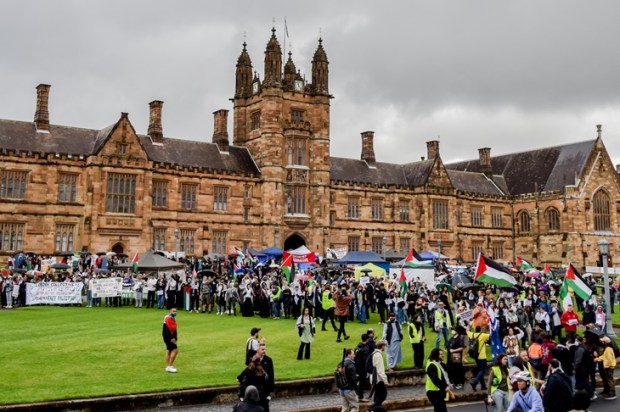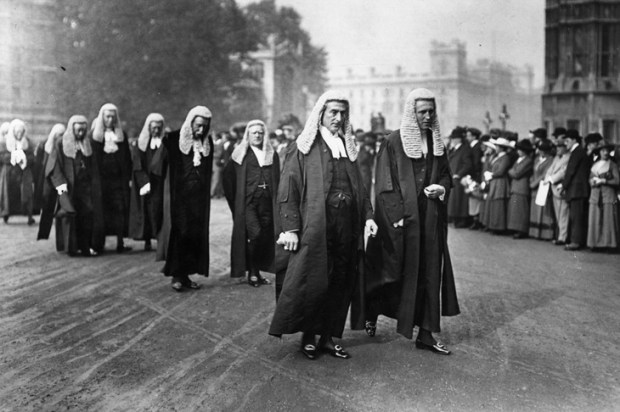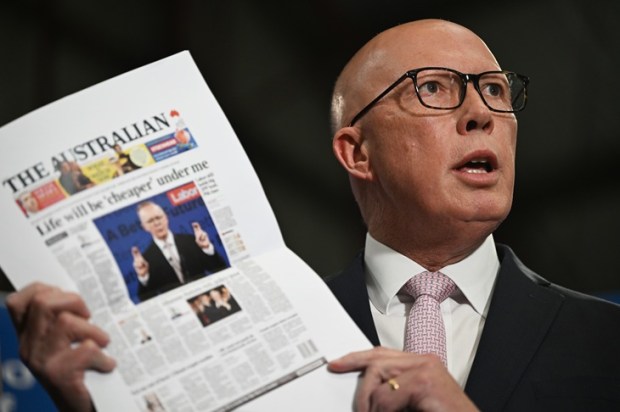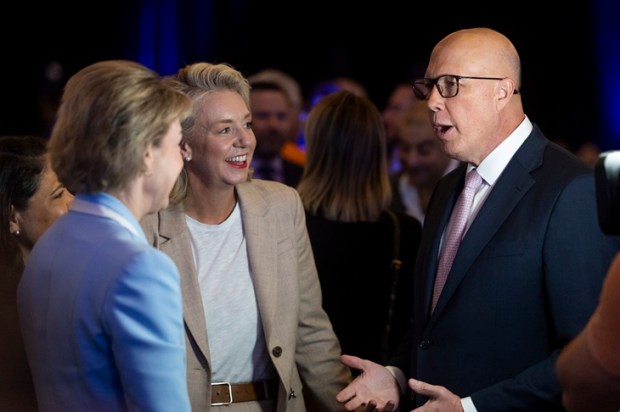On Anzac Day, Australians make a promise to our ancestors who fought and died for our way of life and our freedoms: ‘We will remember them.’
The extent to which we do in fact remember them, and what this means, has been called into question recently. Polling reported in The Daily Telegraph on April 24 reveals that only 23 per cent of 13-28-year-olds feel strongly connected to Anzac Day (compared to 42 per cent among the population as a whole, a concerning finding in itself). The Institute of Public Affairs last year released polling which found that only 27 per cent of 18-24-year-olds would stay and fight if Australia was in the same position as Ukraine.
It appears that Australians have become complacent. Even though Russia’s invasion of Ukraine has reminded us that wars can, in fact, still happen, we do not seem to take our defence as seriously as we once did. We appear to be comfortable in assuming that because we have been at peace for a long time that this peace will continue. Ukraine has demonstrated differently, but, as the IPA polling reveals, even taking this into account almost half of young Australians say they would flee the country if it faced a similar threat.
When we say ‘we will remember them’, we have to mean it. That means not only remembering the Anzac soldiers who fought and died for the sake of their children and grandchildren and for their country, but remembering too why they did so. Part of the point of remembering the Anzacs, apart from the importance of honouring them and their sacrifice, is to remember our history and any lessons we can draw from it.
There are certain parallels with the years before the first world war, when the Anzacs landed on the beaches of Gallipoli and helped forge a national identity, and today. As Charles Bean, who edited Australia’s official history of the first world war, has written of the view in Australia before the outbreak of that Great War:
Nevertheless, though in Australia as in England everyone was intellectually aware of these dangers, the general run of men and women of all classes, having grown up in the splendid stability of Anglo-Saxondom in the 19th Century, found it hard to feel that a general upheaval might be immediately ahead of them. The British Navy had lain between them and the past when such things had happened. But not many realised that only the Navy had prevented these things from continuing. As in all the Anglo-Saxon countries at that time, the grown citizen going to his business, just as much as the schoolboy at his desk, felt that the ruthless action and bad faith of Napoleon’s time could hardly occur nowadays – Western nations and governments, on the whole, were too civilised. There might be local wars; but as for a world war even among those who spoke of its possibility the conscious or unconscious conviction often was that in 1815 the world had finally entered the age of general, and almost perpetual, peace.
I suspect that at least part of why Australians today, and young Australians in particular, do not think seriously about defending ourselves is because we think that war on the scale of the global conflicts of the past have been consigned to history. Many young Anzacs, before they were Anzacs, probably thought the same thing.
There are other parallels that could be drawn between Australia then and Australia today. That trade and peace go hand-in-hand, for example. Germany was Australia’s second largest export destination (after the United Kingdom) in the years before the war. Between 1887 and 1913, Germany’s share of Australian exports increased from around 1 per cent to around 10 per cent. Trade flows both ways had increased, with Australian imports from Germany over the same period rising from just over 2 per cent to 9 per cent.
Germany had used domestic industrial policy to increase its manufacturing capabilities and trade with other countries. The depth of trade ties between Australia and Germany caused a great deal of consternation once the war broke out, even more consternation than the number of Germans living and working in Australia at the time according to some. To again quote Bean:
Before the war German trade throughout the British Empire which, in general, was free to it had advanced with such leaps that it was a current joke that Germany before long would ‘possess’ the Empire by peaceful penetration. Mr Hughes [Prime Minister during the first world war] was determined to rid Australia and, if possible, the Empire of German commercial influences, both by transferring the local agencies to British control and by establishing in British lands those industries in which Germans held a monopoly. Above all he objected to the control won by German companies over the Australian base-metal industry. This control had been obtained by very high skill, both in treating ores and in establishing worldwide organisation, and it had probably helped the German government to build up stocks important for war manufacture.
This for a country that purchased 10 per cent of Australian exports, and which provided 9 per cent of Australia’s imports. One wonders what Hughes would have said if Germany had purchased 30 per cent or more of Australian exports.
Notwithstanding the idealistic view Bean attributed to many Australians that major conflict belonged in the past, Australia made significant practical efforts between Federation in 1901 and 1914 to be ready to defend itself if required to do so. It was a good idea then, and it’s a good idea now.
Lest we forget.

























